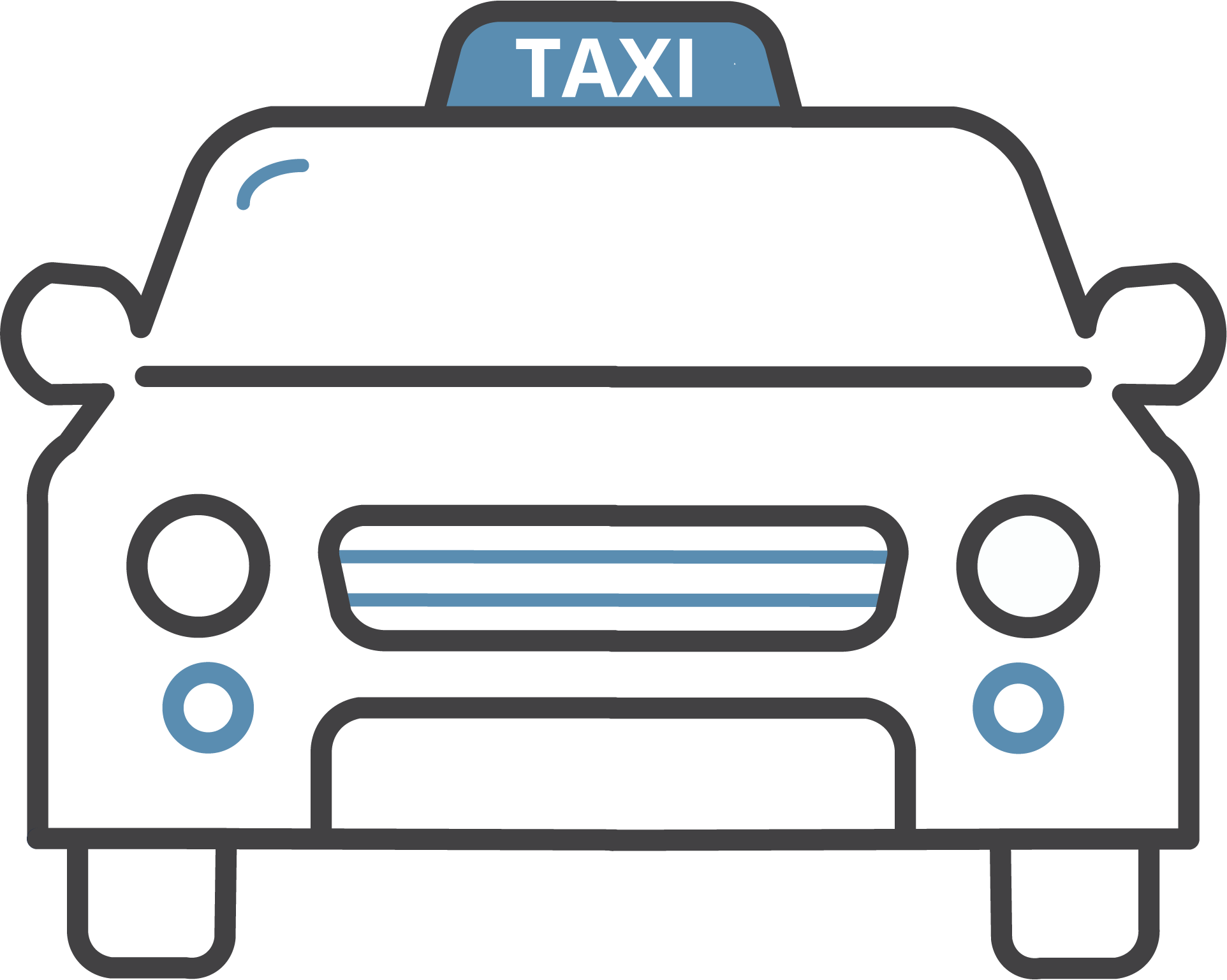What is Mobility as a Service (MaaS)?
Recently identified by Peter Altmann (Vice President of Mobility & Travel Protection at Amadeus) in Business Travel News Europe as one of the top five trends shaping the mobility market, Mobility as a Service (MaaS) is a concept that seeks to consolidate various modes of transportation into one user-centric service.
At its core, MaaS integrates different modes of transport, such as buses, trains, rideshares, bikes, and even taxis, into a single platform or application. This allows users to plan, book, and pay for their journeys using a single interface, eliminating the need to juggle between multiple apps or payment methods.
In a world where connectivity and convenience are paramount, MaaS strives to simplify the travel experience – particularly relevant in urban environments where congestion and pollution are significant challenges.
In this article, we delve into the benefits of MaaS, and how both individuals and businesses stand to gain from embracing the innovation.
Why Use MaaS?

SEAMLESS TRAVEL
MaaS platforms provide users with a one-stop-shop for all their transportation needs. Users can effortlessly navigate a variety of transport options, making travel planning more efficient and enjoyable.

CONGESTION REDUCTION
By offering a range of transportation modes that can be easily combined, MaaS helps distribute the load on various modes of transit more evenly. This can lead to reduced traffic congestion, especially during peak hours.

ENVIRONMENTAL SUSTAINABILITY
MaaS promotes the use of greener modes of transportation with options such as ride sharing and cycle schemes. This contributes to a decrease in carbon emissions and overall environmental impact.

COST EFFICIENCY
MaaS often offers flexible payment models, allowing users to pay for their trips as they go. This flexibility can result in cost savings for frequent travellers and encourage more people to opt for sustainable alternatives.

DATA-DRIVEN INSIGHTS
MaaS platforms collect data from various transportation sources, providing valuable insights into travel patterns. This data can be leveraged to optimise transportation networks, plan upgrades, and enhance the travel experience.

ACCESSIBILITY & INCLUSIVITY
MaaS can make transportation more accessible for people with disabilities and limited mobility. By offering information on accessible routes and vehicles, it contributes to creating a more inclusive transportation system.
How You Can Benefit from MaaS

Effortless Planning
With MaaS, individuals can effortlessly plan their journeys using a single application. The hassle of checking different schedules, routes, and modes of transport is eliminated, making travel planning smoother.

Time Savings
By providing real-time updates on transportation options and routes, MaaS can help individuals save valuable time that would otherwise be spent waiting for connections or stuck in traffic. Plus, with access to extensive travel data, businesses can optimise office locations, working hours, and other operational aspects.

Cost Savings
MaaS platforms often offer cost-effective options for combining different modes of transport. Users can avoid the expenses associated with private car ownership, such as fuel, maintenance, and parking fees. In fact, companies situated in urban centers often face higher parking costs. By encouraging employees to use MaaS, businesses can drastically reduce parking demand and associated expenses.

Personalised Travel
MaaS platforms can tailor travel recommendations based on individual preferences, making each journey more comfortable and tailored to the traveller’s needs. Businesses can also adopt MaaS to offer their employees comprehensive transportation solutions. This can include subsidising public transport passes, rideshare credits, or bike-sharing memberships.

Environmental Conciousness
Individuals can contribute to environmental sustainability by opting for eco-friendly modes of transport suggested by the MaaS platform, thus reducing their carbon footprint. This applies to businesses too. By taking proactive steps towards reducing the environmental impact of travel, companies stand to gain a greener reputation and attract environmentally-conscious customers and partners.
In Conclusion
Mobility as a Service (MaaS) is poised to transform the way we think about transportation, offering a seamless and interconnected approach to mobility that benefits individuals, businesses, and the environment alike.
As technology continues to advance and urbanisation accelerates, MaaS provides a powerful solution to the challenges of congestion, pollution, and inefficient travel planning. By embracing MaaS, we can pave the way for a more sustainable and accessible future of transportation.
Related Articles
How to Build a Better Travel Policy in 2026
As business travel continues to evolve, travel policies must keep pace with new expectations and challenges. Learn how to build a smarter, more flexible travel policy for 2026 – one that balances cost control, compliance, sustainability goals, and a better traveller experience.
Creating a Multi-Generational Travel Programme That Works
Arguably for the first time ever, corporate travel programmes must cater to four distinct generations. From Baby Boomers, who remember the burgeoning business travel scene of the sixties and seventies, to Gen Z employees booking their first-ever work trips, every generation has a unique perspective on travel. In this article, we take a look at how to build a multi-generational travel programme that is cost-effective and tailored to the broadly different needs of those born across the decades.
Apple’s Digital ID: What Business Travelers Need to Know
Apple has introduced Digital ID, a new feature that allows U.S. passport holders to securely store their identification information directly in Apple Wallet. In this comprehensive guide for business travelers, we take a deeper look into how it works, the current use cases, security information, and its implications for business travelers.HEADER: Apple Digital ID


